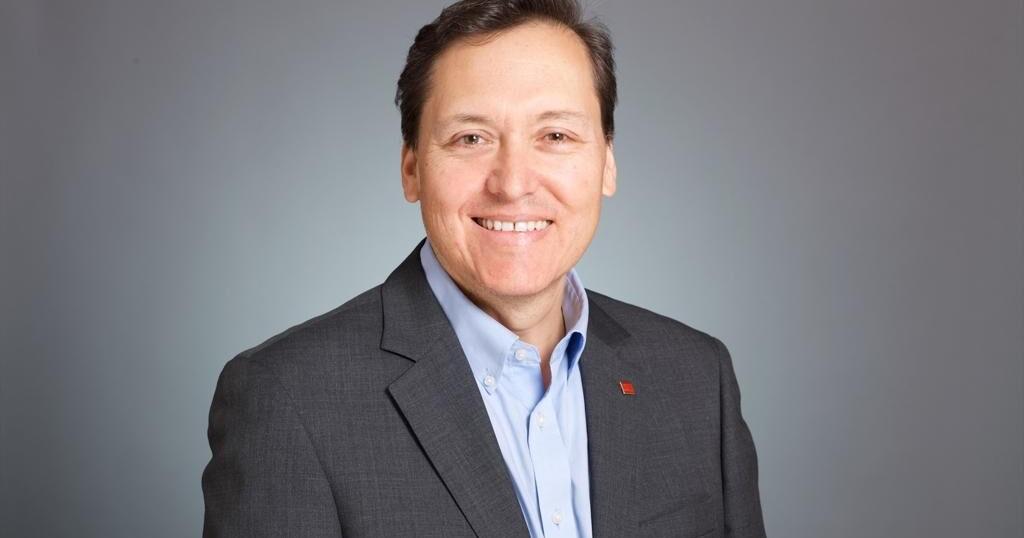Strong analysis is key to successful investment in commercial real estate | Real Estate

Fernando Echeverri, an expert in commercial real estate at the Great Properties International Realty office in Key Biscayne, is a former banker, trained in Finance at the University of Miami, with a postgraduate degree in Management from Harvard. He has 15 years of experience in real estate in the region, and he has earned Certified Commercial Investment Member certification. This makes him a true analyst and strategist certified in this complex field of investment.
In a chat with Islander News, Echeverri talked about this achievement and how commercial real estate differs from residential.
FE: In the field of commercial real estate, this Certified Commercial Investment Member (CCIM) designation is arguably one of the most characteristic. Less than 10 percent of the people who do commercial real estate have this type of certification, which requires academic preparation that mixes finance with real estate.
IN: Is there a complexity in commercial real estate that makes it very different from residential real estate?
FE: Commercial real estate has many aspects that require analysis, to advise an investor in a field that is varied, since it can be land, commercial warehouses or warehouses, retailers, multifamily, hotels and properties. All types. You are going to give advice that has to do with an investment, but with the difference that when you are in the commercial area you are also going to have some tools that help you improve your return; things that you do not have in the residential area.
In the commercial field, the cap rate you are having matters a lot. If you want to invest in a property, you are not interested in how much it is showing at that moment. We want to know what it is going to generate in the life of that business. How much you are going to get, and if you are going to transform that property. Real estate is mixed in with the financial issue. Many of the exercises we do are valuing the property, using the initial investment, the annual flows and the exit strategy. That makes you see the investment more comprehensively. You have to understand what is financially interesting and what is not.
IN: Does financing in the commercial sector work like in residential real estate?
FE: No, because in the commercial field financing depends more on the asset than on the person. If you are going to buy a multi-family property or a retail property, they will value what the property and the business generates more than the finances of the person. They may ask you for a personal guarantee, but they want to see that the business can work well.
IN: What is most in demand when investing in commercial real estate?
FE: It would be a multi-family property. The small or medium investor who is just starting out is looking for a multifamily, with four, six, eight apartments. Perhaps then a warehouse, in places like Doral, where there is less inventory because real estate investment funds have bought many and are advancing more in the industry, and now even in houses as well.


